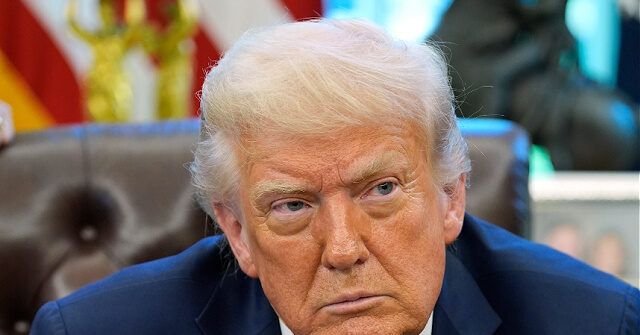Now Reading: US tariffs will weaken global economy and trigger inflation but not a global recession, IMF says
-
01
US tariffs will weaken global economy and trigger inflation but not a global recession, IMF says
US tariffs will weaken global economy and trigger inflation but not a global recession, IMF says

The International Monetary Fund is set to release projections next week indicating that the increasing tariffs imposed by the U.S. will have a negative impact on the global economy and lead to higher inflation this year. IMF’s Managing Director, Kristalina Georgieva, expressed concerns that the sharp rise in tariffs by the Trump administration has heightened global uncertainty. While the import taxes are expected to slow down global growth, they are not anticipated to cause a worldwide recession. The IMF’s detailed outlook will be made public on Tuesday.
Georgieva emphasized that the world economy is facing challenges due to disruptions in the global trading system, which could create financial market turbulence. This volatility has been evident in financial markets, particularly on Wall Street, with significant fluctuations occurring daily and even hourly.
The IMF chief also highlighted the importance of reducing tariffs and other trade barriers to promote fair trade practices, which have stagnated in the past decade after making progress following World War II. She pointed out that trade distortions could lead to negative perceptions about the multilateral system and emphasized the need for a level playing field.
Georgieva underscored that tariffs contribute to uncertainty, which can be costly, as they affect supply chains across multiple countries. While trade barriers may initially impact growth and potentially increase domestic production, the implementation of such changes takes time.
In its previous projections from January, the IMF anticipated nominal growth in the world economy and a decrease in inflation. However, the outlook was clouded by President Trump’s policies, such as tax cuts and heightened tariffs on foreign goods. The IMF projected a 3.3% growth rate for this year and the next, up from 3.2% in 2024. Inflation was expected to decline from 5.7% in 2024 to 4.2% this year and further to 3.5% in 2026.
Nevertheless, recent developments, including the escalating trade war between the U.S. and China, may lead to significant changes in these forecasts. Despite some tariff threats being paused or withdrawn by Trump, the tit-for-tat tariff dispute with China continues, with each side imposing tariffs on the other’s imports.
The IMF, a global lending institution working to foster economic growth, financial stability, and poverty reduction across 191 nations, is closely monitoring these developments.
—-
AP Business Writer Matt Ott contributed.






